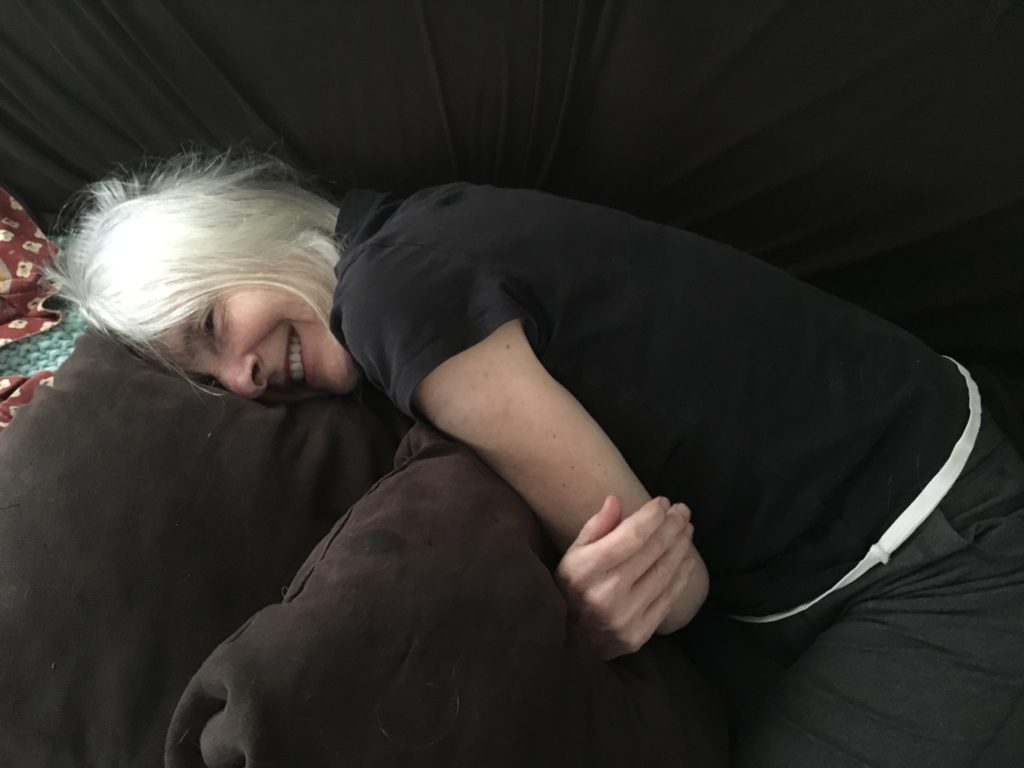I recently failed, yet again, with my accounting paperwork as Cindy’s conservator. At least this time I understood the underlying cause for my repeated failures. Cindy owns one half of the house, thus she should be covering only one half of the housing expenses. This makes an accurate accounting impossible because of my commitment as a full time caregiver.
We live in large part on Cindy’s Social Security Disability Income. In order to stop sliding further into debt this year I supplemented that by drawing from my Social Security retirement early and refinancing the home. I am now on the mortgage hook until I am 88, which means over the long haul I’ll be contributing far more income than Cindy for us to live here until she passes away. I doubt the court would take that as an appropriate accounting.
Yet while I am failing at accounting I am not failing at what matters most to me, enabling Cindy to live as well as possible until the end. Ah, there’s the rub, revealing a flaw in the system. To make the accounting work out well I would have to be a part time caregiver at best. Though this is not true universally for all couples, at least in our situation being a part time caregiver would compromise Cindy’s ability to live well. After all, I can tell the gal is still crazy about me. Go figure.
Failure is relative. Early on my failure to cover our living expenses bothered me, but I was convinced I was doing the right thing. Now such conviction prevents concern over failed accounting (ironic, considering one of my degrees was in math). Indeed, I proclaimed this very sentiment to the judge overseeing our case. She seemed sympathetic. We’ll see.
Occasionally I reflect at my good fortune as a caregiver. Cindy’s most striking decline to me has been physical, perhaps due to my vaunted view of her as an Expedition Woman. Her elevated physical decline at times means elevated physical exertion on my part to assist her with daily living. I can do this, but if our roles were reversed she would not be able to do the same, through no fault or intention of her own. Unlike me, she would have been forced to place me in a home or have greater help come into our house.
The thought of sending Cindy away repulses me, precisely because no one can provide her the care that I can. I realize this would impose a Catch-22 on some couples. For a variety of reasons, including differences in physical stature, one might be depressed from perceived failures if they kept a loved one at home, yet also feel depressed from not keeping a loved one at home, a no-win situation, caught between a rock and a hard place.
Unfortunately I suspect this Catch-22 happens to couples even when not necessary. Our society tends to convince people they cannot do things even when they can, or that we should put ourselves first for our health when, in fact, altruism makes us well (real altruism, not general reciprocity nor allowing oneself to be exploited). I share our experiences for the sake of those with the physical stature, wellness and motivation to be effective caregivers as well. What remains is defining your daily successes in terms of living well rather than living long, financial independence or accurate accounting.


Thank you.